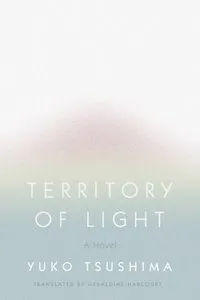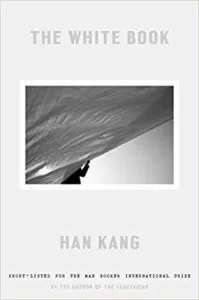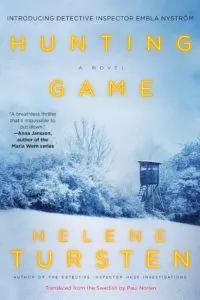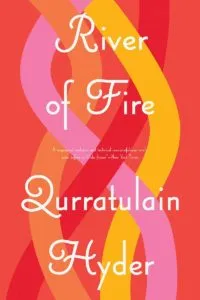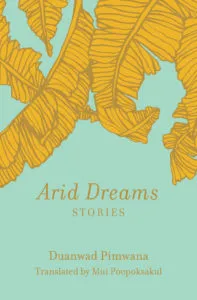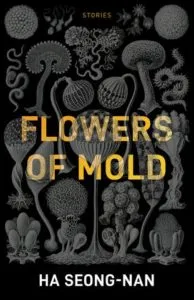
2019 New Releases: In Translation
This content contains affiliate links. When you buy through these links, we may earn an affiliate commission.
Last year was an astonishingly good year for literature in translation and after poring over catalogs and press releases I’m thrilled to say that it’s only going to continue in 2019! Newly released books from beloved authors like Roberto Bolaño’s The Spirit of Science Fiction and Clarice Lispector’s The Besieged City need no introduction and are sure to be highlights, but they don’t even scratch the surface. A new nordic crime series from Helene Tursten, returning favorites Samanta Schweblin and Han Kang, and exciting English-language debuts—you’ll have a hard time picking which book to start with. Check out these 2019 new releases in translation!

Samanta Schweblin, author of the literary sensation Fever Dream, returns with her first short story collection translated into English. Like Fever Dream, I was struck by the elusive, almost unsatisfactory nature of the stories. Some are strikingly short. Others are carefully crafted to confound. All leave you wanting more and thinking about them long after. Strange and fantastic, dark and disturbing, the stories in Mouthful of Birds are sure to please fans of Schweblin’s uniquely unsettling style. (January 8, Riverhead Books)
Tentacle is the queer, punk, dystopian, climate change, science fiction novel from the Dominican Republic you didn’t know you needed in your life. An unforgettable and wild book, Tentacle follows Acilde Figueroa who finds herself “at the heart of a Santería prophecy: only she can travel back in time and save the ocean—and humanity—from disaster. But first she must become the man she always was—with the help of a sacred anemone.” Rita Indiana is a music composer, producer and key figure in contemporary Caribbean literature and the experimental Dominican popular music scene. (January 15, And Other Stories)
In striking fragments that shift between time and place, All My Goodbyes follows a young Argentinian woman and her “repeated acts of departure.” She leaves places. She leaves people. Ultimately, she thinks she’s found a home in the southernmost region of Patagonia, a place to stay, but it’s not to be. In the midst of archiving all of her goodbyes, her departures, we also have violent murders that haunt her story from the first page. A propulsive, restless force kept me glued to this novel and I read it in one sitting. (February 5, Transit Books)
Territory of Light follows a woman starting her life over again with her young daughter after being left by her husband. Her new Tokyo apartment is awash in light but she finds herself falling further into darkness and depression. As time passes, she confronts her new reality and makes plans for the future. It is a painful and honest journey, one that will ring true to many who have had to remake their life in a new image after loss. “At once tender and lacerating, luminous and unsettling, Yuko Tsushima’s Territory of Light is a novel of abandonment, desire, and transformation.” (February 12, Farrar, Straus & Giroux)
From the Booker-Prize winning author of The Vegetarian and Human Acts, comes the much-anticipated The White Book. While on a writer’s residency, a nameless narrator reckons with the death of her older sister, who died a few hours old and left an inedible mark on the narrator and her family. She writes about this tragedy in a series of unique and profound reflections “through the prism of the color white.” The White Book is a gorgeous and startling meditation on death and grief. (February 19, Hogarth)
The first installment in a new series from Helene Tursten, the author of the Irene Huss series and An Elderly Lady Is Up to No Good (which I loved). This new series follows Swedish Detective Inspector Embla Nyström as she’s swept into a murder investigation during her family’s annual moose hunt. Policewoman and prizewinning Nordic welterweight, Embla is a badass. Yes, she’s smart and strong—but also refreshingly complicated and flawed. The surprise in the ending comes not from the identity of the murderer but in Embla’s reaction to the events. And you couldn’t have a better setting for a chilling mystery than the nordic wilderness. (February 26, Soho Crime)
Arguably the most important novel of 20th-century Urdu fiction, River of Fire follows the intertwining lives of four characters over two and a half millennia. Qurratulain Hyder weaves together “parables, legends, dreams, diaries, and letters, forming a rich tapestry of history and human emotions and redefining Indian identity.” The Times Literary Supplement describes it as “to Urdu fiction what One Hundred Years of Solitude is to Hispanic literature.” (March 26, New Directions)
María Gainza’s English-language debut, translated by Thomas Bunstead, has been receiving rave reviews—its been called gorgeous, brilliant, and profound—and I can’t wait to get my hands on it. The narrator of Optic Nerve is an Argentinian woman obsessed with art and episodes in art history are woven into descriptions of her life in Buenos Aires. “The effect is of a character refracted by environment, composed by the canvases she studies…It is a book that captures, like no other, the mysterious connections between a work of art and the person who perceives it.” (April 9, Catapult)
I’d like to dedicate the month of April to Duanwad Pimwana, an important literary figure in contemporary Thai literature, hitting the U.S. literary scene by storm with two new books in April, both translated by Mui Poopoksakul. The first is Bright, published by Two Lines Press, the first-ever novel by a Thai woman to appear in English translation. In the second, Arid Dreams, Pimwana turns her keen eye and sharp wit on modern Thailand, “exploring class, gender, and disenchantment in a changing country.” (April 16, Feminist Press)
“If you’re looking for a book that will make you gasp out loud, you’ve found it.” So says Kirkus Reviews and dozens of other publications and reviewers who can’t stop talking about Flowers of Mold. Unnerving, haunting, captivating—these 10 stories follow ordinary characters going about their lives, yet there’s something disturbing just below the surface. One small crack and everything’s unleashed. “The latest in the trend of brilliant female Korean authors to appear in English, Ha cuts like a surgeon, and even the most mundane objects become menacing and unfamiliar under her scalpel.” (April 23, Open Letter)
Looking for even more? The New York Times Globetrotting feature gathers together a sneak preview of books coming out in 2019 from around the world.
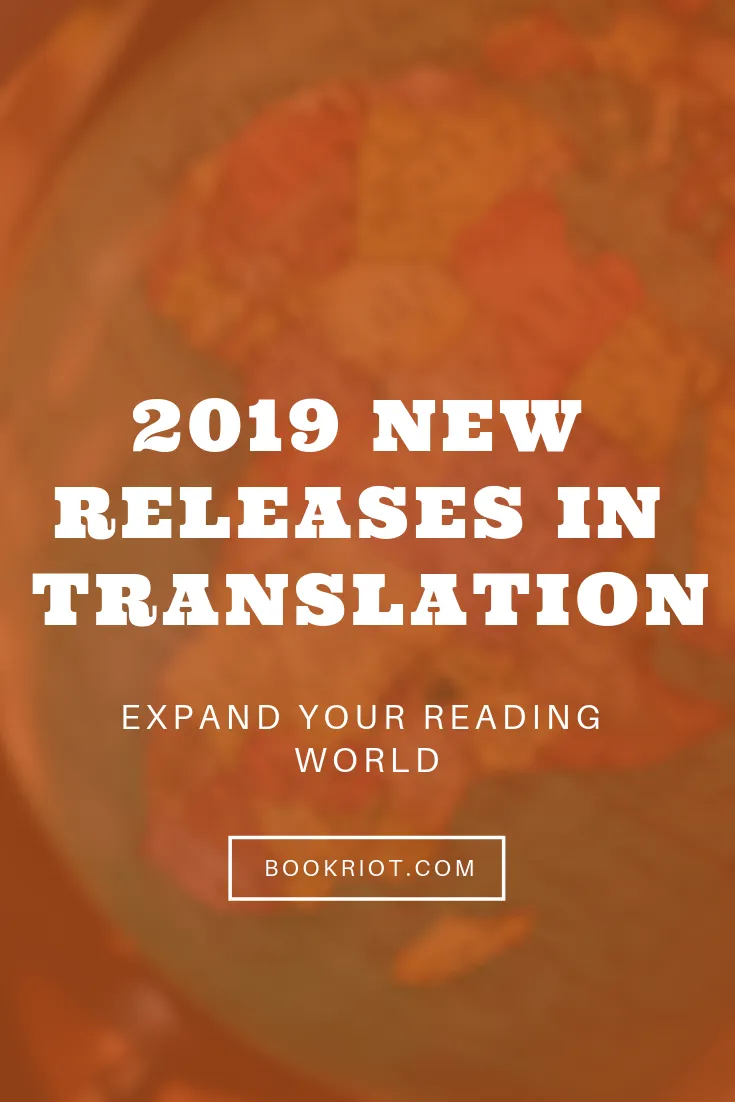


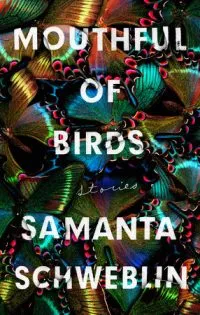
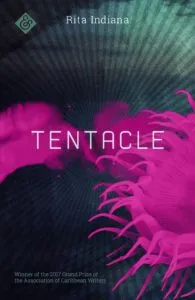
 A
A